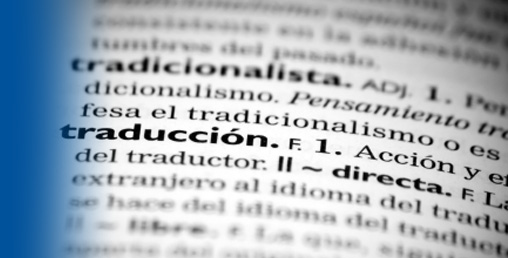Translation
Through our office in London, British companies and organisations are able to communicate in other languages easily, quickly and competitively. We also provide English translation from other languages.
Ask for a quote or request a price list: info@eurologos-london.co.uk.
QUALITY LEVELS
The translation of texts is not a standardized product. Despite the use of all the technologies produced by modern linguistic engineering, translation will always be a fundamentally “traditional” activity. There will always be talk of the art of a good translation. This is why Eurologos has set three quality levels in translation, which correspond to progressive performance levels in the quest for excellence in writing.
- The “translation quality” level (semantic reproduction and ortho-syntactical correction) ensures the total reproduction of the meaning in the target language whilst guaranteeing the accuracy of the grammar and spelling of the text.
- The “adaptation quality” level (terminology and phraseology specific to the technolect) ensures the socio-stylistic adequacy of the translated text; the translator uses particular terminology and phraseology, specified, generally in advance, by the terminology department. The text is delivered once it has been “fine-tuned”, taking into account, where applicable, any changes made by the client.
- The “publishing quality” level (“zero-error” match between text and layout) ensures the perfection and conformity of the texts with the layout. Hence, zero linguistic and graphical errors for the “ready-to-print” validation. The client is often given the finished product (negatives, prints, CDs or websites) ready for use.
The diagram below summarizes the stages of analysis, transposition, revision, terminology, fine-tuning, harmonization, validation of phraseology, spelling, syntax, and typography necessary to go from the first level of translation quality to publishing quality, the level of excellence, the crucial “linguistic and graphical zero-error” level.
A price for each level of quality
Quality, as we know, depends on checks. Multiple checks. When a text needs to be printed and distributed, it may have to be reworked many times. This is even truer in the case of texts in several languages. Naturally, different levels of quality have their own price, especially publishing quality.
Please consult us if you wish to know the quality level actually required for your texts and publications. Do not spend more than is necessary but do not risk making false savings either. Often, what starts out as inexpensive ends up being very expensive. Brand image and written communication should not be taken lightly.
